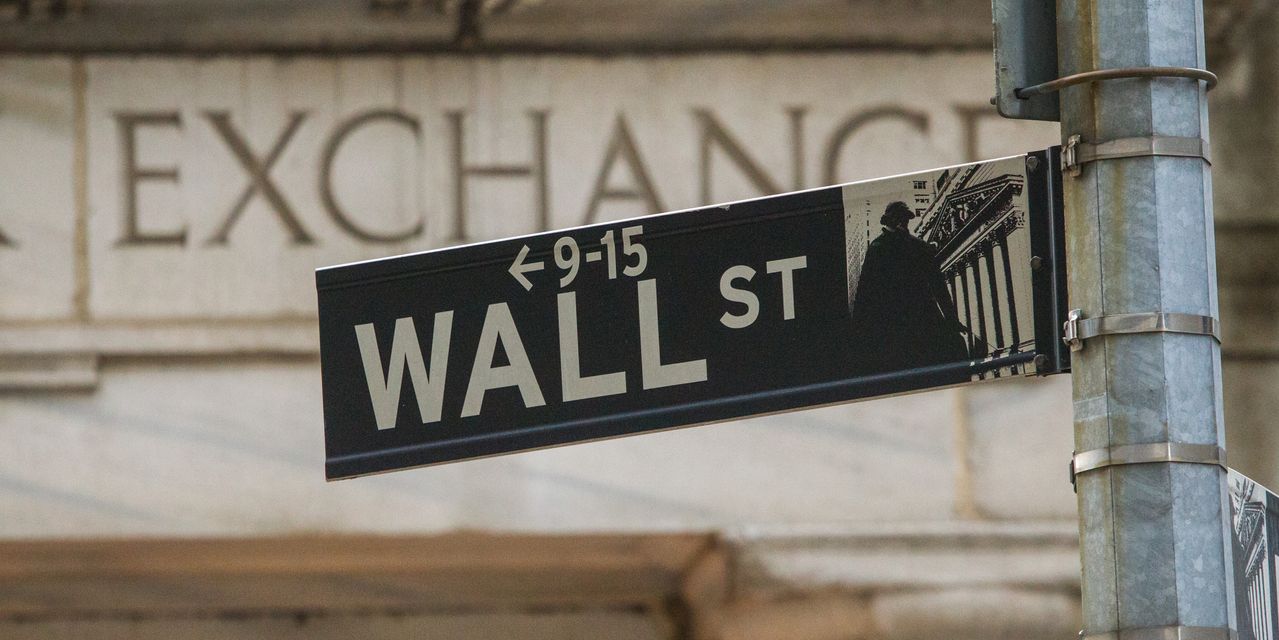U.S. stock futures fell early Tuesday as Treasury yields hit fresh cycle highs and Chinas’ property woes rattled global sentiment.
How are stock-index futures trading
-
S&P 500 futures
ES00,
-0.50%
dipped 26 points, or 0.6% to 4353 -
Dow Jones Industrial Average futures
DJIA
fell 181 points, or 0.5% to 34092 -
Nasdaq 100 futures
NQ00,
-0.57%
eased 93 points, or 0.6% to 14842
On Monday, the Dow Jones Industrial Average
DJIA
rose 43 points, or 0.13%, to 34007, the S&P 500
SPX
increased 17 points, or 0.4%, to 4337, and the Nasdaq Composite
COMP
gained 60 points, or 0.45%, to 13271.
What’s driving markets
The prospect of borrowing costs staying higher for longer continued to pressure equities.
The benchmark 10-year Treasury yield rose a couple of basis points to near 4.57% early Tuesday, the most since 2007, as the market continued to price in hawkish interest rate projections from the Federal Reserve.
Many Fed officials in recent days have reiterated they believe the central bank will need to increase rates again and keep them at elevated levels for some time.
Jamie Dimon, CEO of JPMorgan Chase warned the market is not ready for interest rates that could go to 7% if inflationary pressures are not sufficiently contained.
“[R]isky assets, particularly long-duration stocks, have struggled to absorb these rate increases…the correlation between equity prices and bond yields has turned negative again, reflecting the ‘good news is bad news’ sentiment in the U.S.,” said Stephen Innes, managing partner at SPI Asset Management.
Higher Treasury yields relative to their international peers were lifting the U.S. dollar, with the dollar index moving above 106, to its highest in about 10 months. A surging dollar can also act as a headwind for U.S. equities, partly by making multinationals less competitive.
Also, not helping the mood was nervousness across Asian bourses amid increased worries about China’s property sector. Shares in China Evergrande
3333,
plunged afresh after the heavily indebted developer missed a debt payment and former executives were detained by the authorities. Hong Kong’s Hang Seng index fell 1.4% to its lowest since November.
U.S. economic updates set for release on Tuesday include the S&P Case-Shiller home price index for July, released at 9 a.m. Eastern, followed at 10 a.m. by August new home sales and September consumer confidence.
Federal Reserve Governor Michelle Bowman is due to speak at 1:30 p.m..
Read the full article here



